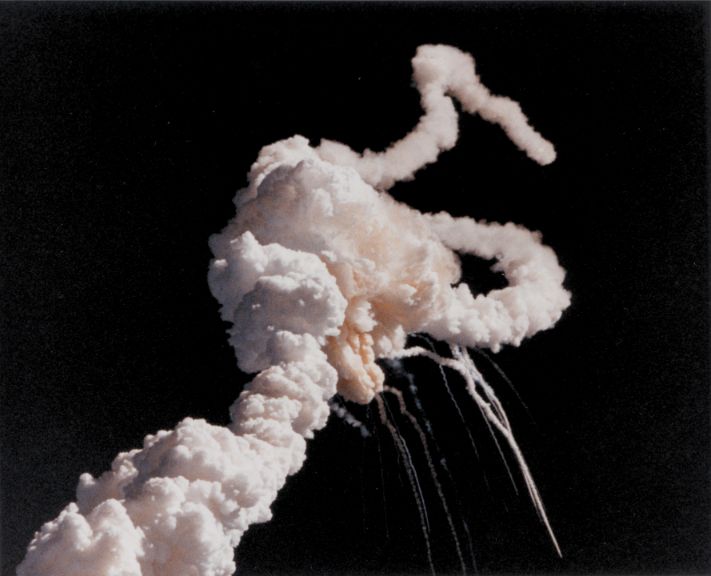Can Your Management Learn?

A Story About Management Learning
Long ago, my boss was tasked with reviewing the Challenger space shuttle accident for lessons learned for a major chemical company. I assisted him, and he concluded that all the same management system causes were present at our company.

He had a dilemma. How should he present this to senior management?
He would present to the company President and all the Senior Vice Presidents. He knew they were NOT expecting to hear that they had problems. Insulting them with bad news might severely hurt his career.
He decided to present the “facts” and that they would reach the same conclusions that he did. He wouldn’t have to say they had the same problems … given the facts.
He made the presentation. I was there. At the end of the presentation, the company President thanked him for his hard work. He turned and said to the Senior VPs and everyone else:
“It is good that there were no similarities between NASA’s
management and our company’s management.”
In other words, no lessons for us.
So much for just presenting the facts.
Why Didn’t Management Learn?
The company President and the Senior Vice Presidents were very smart people. Why didn’t they reach the same conclusions that my boss did when presented with the same facts? Why couldn’t they learn?
The problem was that management couldn’t critically review their own management systems. They thought that they were doing great. They were the best in the industry. That’s what they always heard, and that’s the story they told at industry meetings. Any other feedback was outside their paradigm. They could not be self-critical. They could not face the facts. And no one else was willing to tell them that they needed continuous improvement, or they would slowly slip behind others that were improving.
Were they the exception? Was everyone else learning and improving? After all, NASA’s management didn’t learn their lesson from the first Shuttle accident. They went on to have the Colombia shuttle accident because they didn’t learn from their experience and could not face the facts.
Another example of management not being able to learn was BP’s management after the BP Texas City Refinery explosion.
First, they had difficulty getting past blaming the operators and supervisors (five were fired). Then, there was an internal BP group (the Bonse report – see Bonse Main Report.pdf) that recommended management discipline (blaming the lower levels of senior management). However, no immediate disciplinary action was taken. Within two years, all the senior line management, from the Refinery General Manager to the President of Refining for the USA to the CEO, were gone (none were fired immediately as part of the incident response). So the ability of management to learn didn’t make any difference – they were gone!

So even after a report by the Chemical Safety Board (cover pictured above), BP senior management didn’t learn. What did they do? They sold the refinery. That accident at that BP refinery would never happen again. BP didn’t own it.
However, managers on the upstream (exploration and production) side of the organization didn’t seem to learn from the accident on the downstream side of the business. The result? The BP Deepwater Horizon accident happened because of failure to apply process safety lessons learned to the management of exploration operations.
These examples of failures to learn are the reasons why I ask the question in the title of this article:
Can your management learn?
That brings up the question:
What should managers do to learn?
Here are two ideas…
How Can Management Learn?
First, management has to be self-critical. Instead of blaming people at the pointy end of the stick (operators, maintenance people, and supervisors), they should think…
What did we do to cause this incident?
What should we do differently to prevent similar incidents in the future?
Being self-critical also means understanding Rickover’s “Facing the Facts” concept. See more about that concept at:
Second, senior management needs to understand root cause analysis. This may be more common today than it was thirty-plus years ago because more senior managers have had some experience with advanced root cause systems (TapRooT®). They need to understand their (management’s) impact on management systems and their impact on investigations and implementation of corrective actions.
Training for Senior Managers
Fortunately, we have a course that shares the knowledge that senior management needs to know about root cause analysis and incident investigation. It is the TapRooT® Executive Leadership’s Role in Root Cause Analysis Course.
Would you like to learn more about this course and how it can be customized for your management? Would you like to get a quote for a TapRooT® Executive Leadership’s Role in Root Cause Analysis Course? Call one of our TapRooT® Implementation Advisors at 865-539-2139 or drop us a note by CLICKING HERE.




